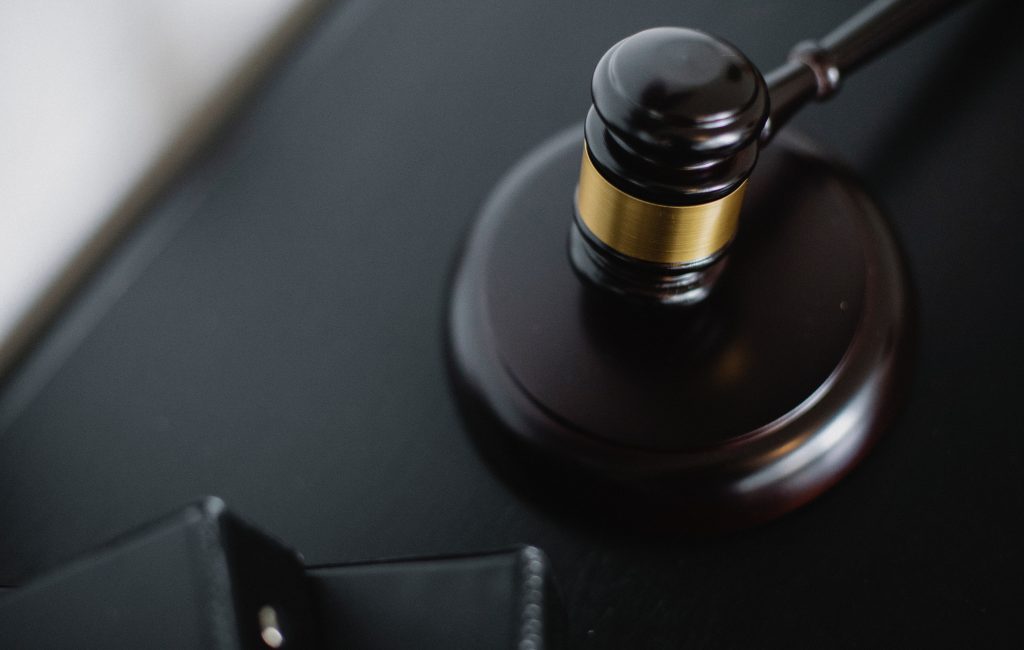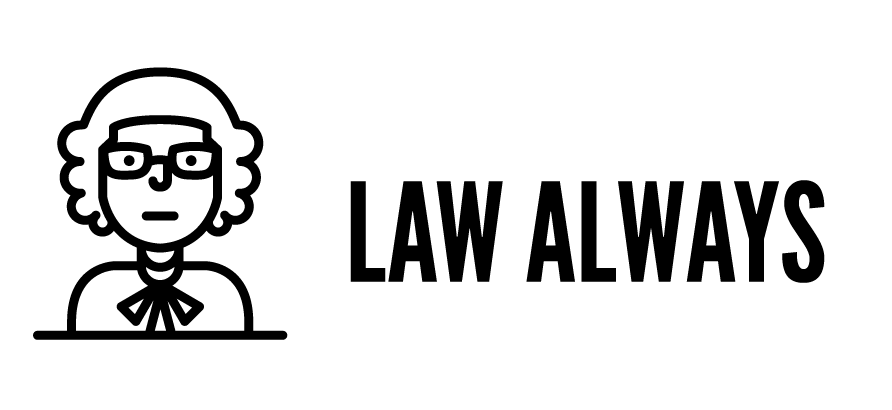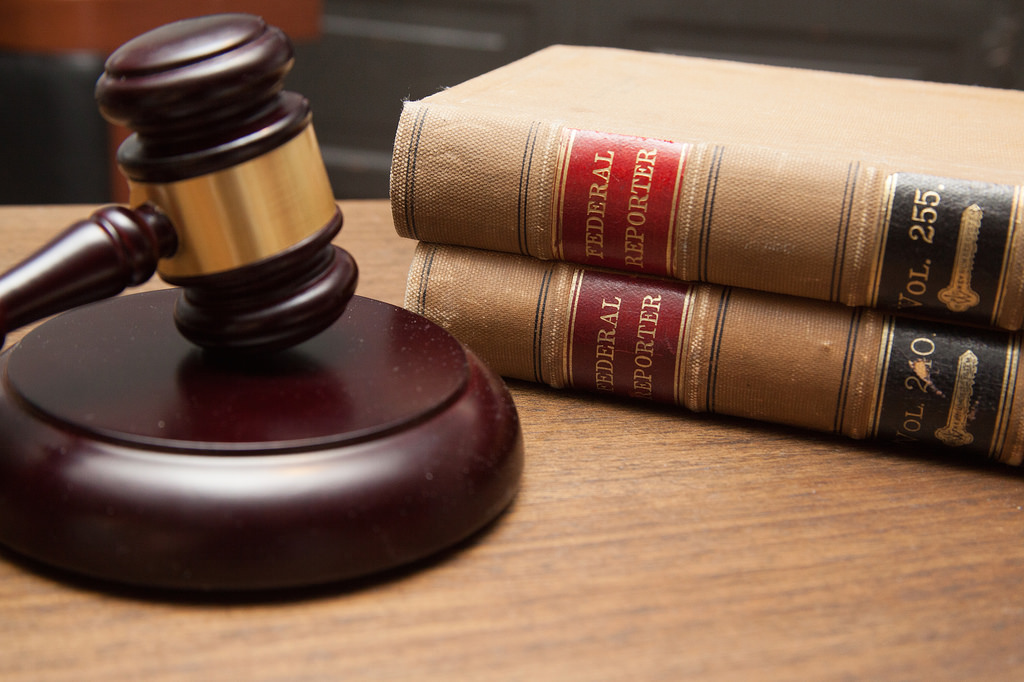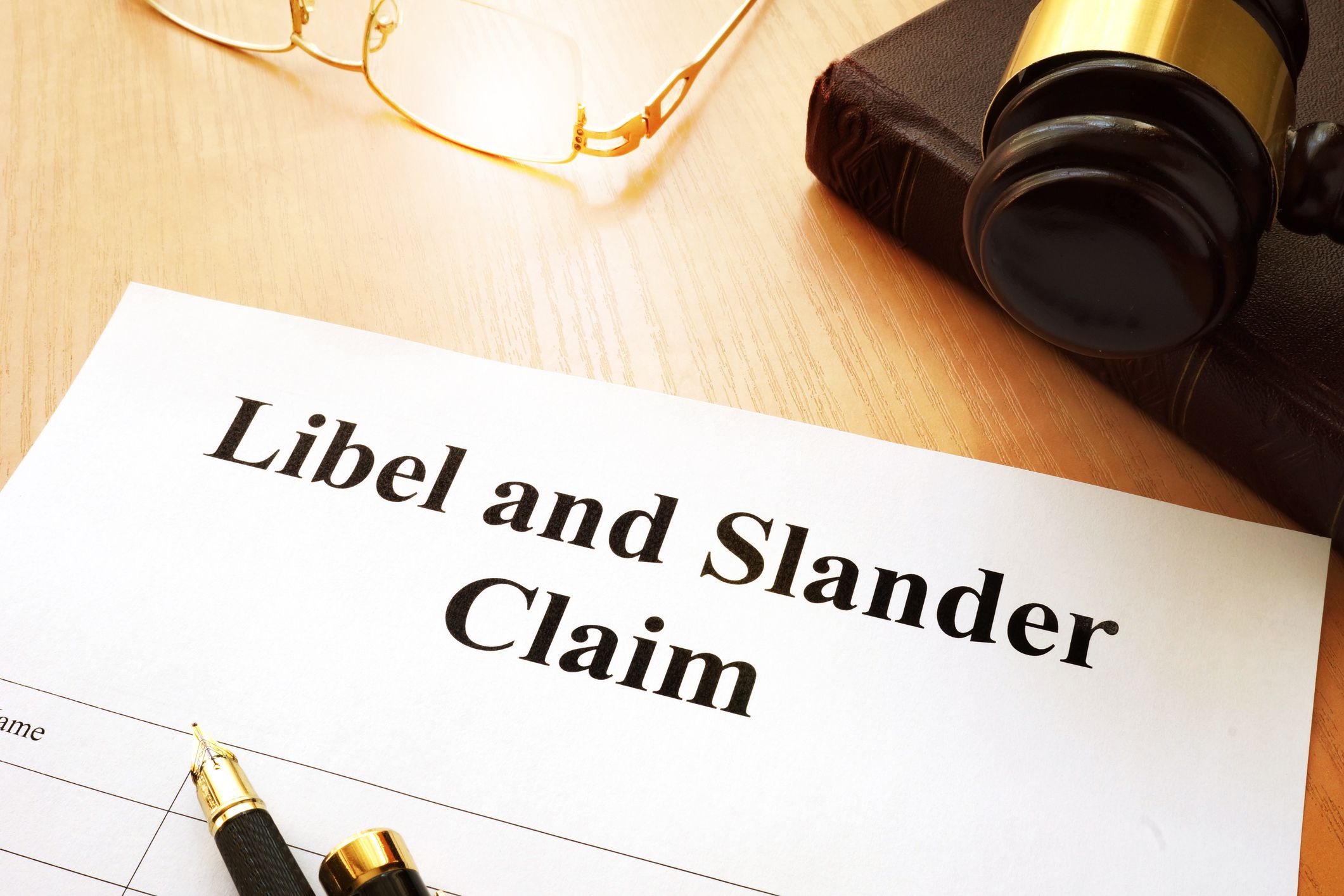What is Civil Litigation?
When two or more parties engage in a court dispute about something that does not include criminal allegations but does entail demanding money or action, this is known as civil litigation. Even though they do not involve the commission of an actual crime, these cases will sometimes be tried in court, allowing the judge to decide on the result.
Therefore, what precisely is meant by the term “civil litigation”? There are situations in which a person may do injury to another individual without breaching the law. When this occurs, disagreement is not considered a criminal issue.
Instead, the matter is resolved through the civil justice system.
Litigation in civil courts aims to reach a settlement that satisfies both parties. By filing a lawsuit, the plaintiff has the following goals in mind:
- A modification to the official status of the party (divorce, parental custody)
- An order from the court that the other party must immediately cease engaging in the detrimental conduct
- Financial compensation
In civil court, the burden of evidence is far less onerous than in criminal court. The phrase “preponderance of the evidence” refers to the weight of evidence considered when concluding.
10 Things You Need To Know About Filing A Civil Suit

What is the Difference Between a Criminal and Civil Case?
Among the most important distinctions between criminal and civil cases are the following ones:
- The state or society as a whole is regarded as the victim of a crime.
- In terms of punishment, criminal and civil violations are often distinct.
- A criminal case has a different standard of evidence than a civil one.
- Jury trials are nearly usually permitted in criminal cases.
- A criminal defendant has the right to be represented by counsel.
- Criminal law provides a wide range of benefits to defendants.
- Crimes are violations of the law against the government.
The murder of one individual is still a crime against society, even if only one person is responsible. Crimes against the state are thus brought to justice by the state, and the prosecutor (rather than the victim) represents the state in court by filing the case. If this were a civil case, the victim would file the suit.
Discrepancies in the Punishment
When it comes to civil proceedings, the only things that may happen are monetary compensation or injunctions, which are court orders telling people what they can and cannot do. It is important to remember that a criminal case may include both prison time and fines. In general, criminal charges have far more safeguards and are tougher to establish since they have more significant ramifications – the prospect of prison and even death.
The Test for Validity
“Beyond a reasonable doubt” is the level of proof used in criminal proceedings. In contrast, “the preponderance of the evidence” is used in civil matters (which essentially means that it was more likely than not that something occurred in a certain way). Because civil responsibility is seen as less blameworthy and sanctions are less harsh, there is a disparity in standards.
Trials Before a Jury
A jury trial is virtually always an option in criminal cases. In certain civil proceedings, juries are permitted, although a judge determines most civil matters.
The Legal Right to Counsel
Any person facing criminal charges has the right to a council, and the state must step in and provide representation if the defendant cannot pay for it. Because defendants in civil cases do not have the right to counsel, those who cannot afford one must represent themselves.
Rights and Defense of the Defendant
Under criminal law, defendants have a wide range of legal safeguards (such as protecting against illegal searches and seizures under the Fourth Amendment). A defendant in a civil action is not entitled to several of these well-known rights.
What are the Different Stages of a Civil Litigation?
- Plaints are made in public
- A summons is served and delivered to the person named in the complaint.
- The Decree of the Ex-Party
- The defendant’s submission of a written statement
- The parties’ documentation production
- A look at the parties involved
- The court’s framing of the issues
- The calling and attendance of witnesses in court
- Examination of witnesses and hearings in lawsuits
- Proposition
- Conclusion
- Making a Decree
- Execution of Decree
The Process of Filling a Civil Suit
To begin the process of pursuing legal action.
Filing a plaint is the initial step in starting a lawsuit. Written complaints or allegations are called plaints. “Plaintiff” and “Defendant” describe the parties involved in a case.
In a Plaint, there are:
- Addresses and names of the parties involved in the legal issue (a brief statement telling about the sections and orders under which the jurisdiction of the court is evoked)
- Plaintiff’s main arguments or submissions
- An affirmation by the plaintiff that the information in the complaint is accurate.
Vakalatnama
To authorize an Advocate to represent them before the Hon’ble Court, the parties to the litigation must sign a document known as a Vakalatnama (authorization document). However, a Vakalatnama has not required if the party represents themselves in court.
Vakalatnamas may include the following general terms and conditions:
- That the client will not hold the AdvocateAdvocate liable for any judgment that the AdvocateAdvocate makes
- All costs and expenditures incurred during legal procedures must be borne solely by the client.
- This means that until all costs have been paid in full, an advocate has a right to keep any papers the client has given them.
When it comes to making decisions in court, the AdvocateAdvocate should be able to do so in his client’s best interest.
Preparation and Submission of Complaints The next stage is to prepare and submit the complaint to the office of the Chief Ministerial Officer (Sherestedar) at the filing counter. It is necessary to pay fees to the court for a variety of papers.
The cost of going to court is a small proportion of the entire amount of money at stake. The “Court Costs Stamp Act” specifies the court fees and stamp duty that must be paid for each action.
Your Day in Court

- The arguments will be presented on the last day of the hearings.
- Arguments should be limited to the outlined problems alone.
- The court permits parties to alter their filings before the final arguments.
- Non-pleading evidence may be deemed irrelevant by the court.
- As a final step, the court will issue a “Final Order,” which may be given on the same day as the hearing or later.
Important Things to Consider
- Upon conclusion of the pleadings, courts typically assess whether an amicable solution is possible and send the parties to a mediator.
- Admission and rejection of papers are the following steps if a resolution cannot be reached. This is not always required; many courts move directly to trial without even completing the pretrial phase.
- Case management hearings are required by law in commercial disputes to set the overall timetable for the case. In reality, all commercial courts have yet to execute this approach to its fullest extent. As in ordinary civil courts, commercial courts often begin proceedings by framing the issues to be litigated, outlining the relevant facts and the parties’ respective burdens of evidence.
- Parties may demonstrate their case by conducting affidavit examinations of themselves and their witnesses and marking documents that support their viewpoint.
- Typically, the claimant presents their evidence first, and each witness is cross-examined consecutively by the defendant’s counsel.
- First, if relevant, the claimant (and additional defendants) can cross-examine the defendant and their witnesses.
- Oral arguments are made by the plaintiff and the defence (concerning the law and evidence-led). To help the court, most parties also present their arguments in writing.
- A judge or jury makes a decision after considering all the evidence presented.
The Aftermath of a Civil Suit
As more people get involved in a case, it can get more complicated. There can be as many claims and defenses
as there are plaintiffs or defendants in a “single” lawsuit, and they can all be based on different laws. Each of these people can make as many claims and counterclaims against the other as they want, and they can even add more people to the case as it goes along.
In reality, though, courts usually have the power to split claims and parties into separate cases if doing so would be more efficient. A court can do this if there aren’t enough factual issues that are the same for all of the people involved, splitting the issues into different lawsuits.
How Long Does a Civil Case Take to Resolve?
According to the documents kept by the government, a criminal case is supposed to be resolved within six months, while the resolution of a civil lawsuit may take up to three years.
Pending cases, on the other hand, provide an entirely different picture of the situation. Cases in the High Court may take more than three years, while those heard in lower courts are expected to take over six years on average.
How Much Does a Civil Litigation Case Cost?

People who don’t meet the economic eligibility threshold might always be able to afford to participate in the litigation process since our country has lawyers whose services can cost anywhere from 100 to 10,00,000 per hearing.
When considering economic access, one thing to consider is how much it costs to hire an attorney. Two other things to think about are how much it costs to attend a court hearing and how much it costs to lose pay or business because of a court hearing.
Studies have shown that a litigant spends an average of 1,039 per case per day on costs other than lawyer fees and 1,746 per case per day on expenses related to lost pay or business. Even though the number of hearings in a suit can vary and change the costs, it still adds to the price of a lawsuit.
What Are The Risks of Civil Litigation?
A person or company’s exposure to the risk of being sued may be defined as the possibility that they will be prosecuted in a legal proceeding. Every member of a litigious society runs some degree of danger of becoming involved in a legal dispute. Because the potential incentives for winning a lawsuit might be significant, large companies with substantial funds can be particularly vulnerable to the danger of being sued.
In most cases, businesses have procedures to detect and lessen potential dangers. These procedures may include checking the quality of products and adhering to all applicable rules and regulations.
How do I find the right lawyer for my Civil Litigation Case?
There isn’t a single attorney in the world who can promise that they’ll win every case or even that they’ll win your case. The legal process is fraught with unpredictability; we cannot know which judge or jury will rule in our favour, what tactics the other party will use, or how witnesses conduct themselves while testifying. Be careful to seek a written promise from your attorney if they try to guarantee the outcome of your case.
After all of this has been stated, the best way to boost your chances is to choose a lawyer with previous experience working inside a courtroom. Trial attorneys with much experience are the ones who are most likely to offer you an honest evaluation of your situation and are also the ones who are most likely to be able to get the best potential outcome for you.
Conclusion
In conclusion, Civil Litigation is when two or more people have a disagreement and want to settle it with money instead of going to jail. This is a comprehensive type of litigation that can encompass multiple disputes. We hope this article sheds some light on what Civil Litigation is and all the intricacies around the matter.
FAQ
- What are the most fundamental categories of cases?
The cases are mainly divided into two categories: Civil and Criminal Cases.
- What exactly is a civil case, however?
In legal parlance, a “civil case” is one in which the parties involved seek redress for violations of any civil law relating to their property or other civil rights.
- What exactly constitutes a criminal case?
A criminal case is one in which there has been a breach of an act expressly banned by law and for which there is a specified penalty of imprisonment or a fine.
- Is it possible for a regular person to bring a lawsuit without the assistance of a lawyer or AdvocateAdvocate?
The answer is “yes,” there are no provisions in the law that mandate the participation of an advocate in a mandatory capacity. Individuals can bring or defend any matter independently without needing an attorney.






